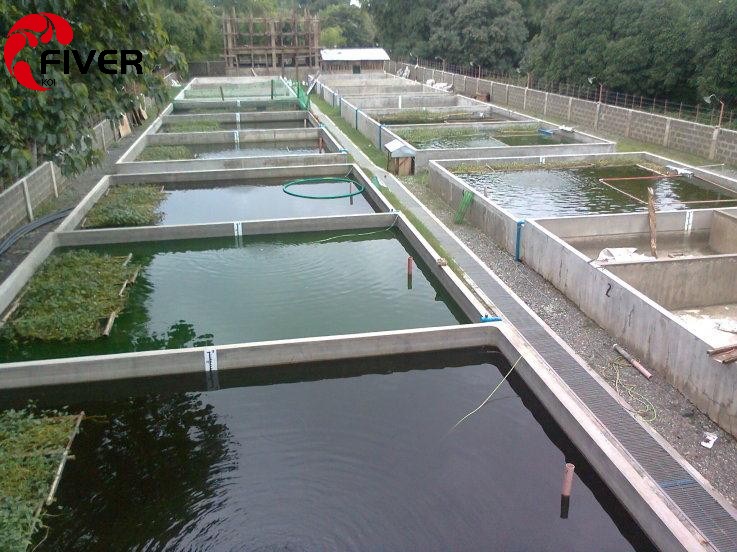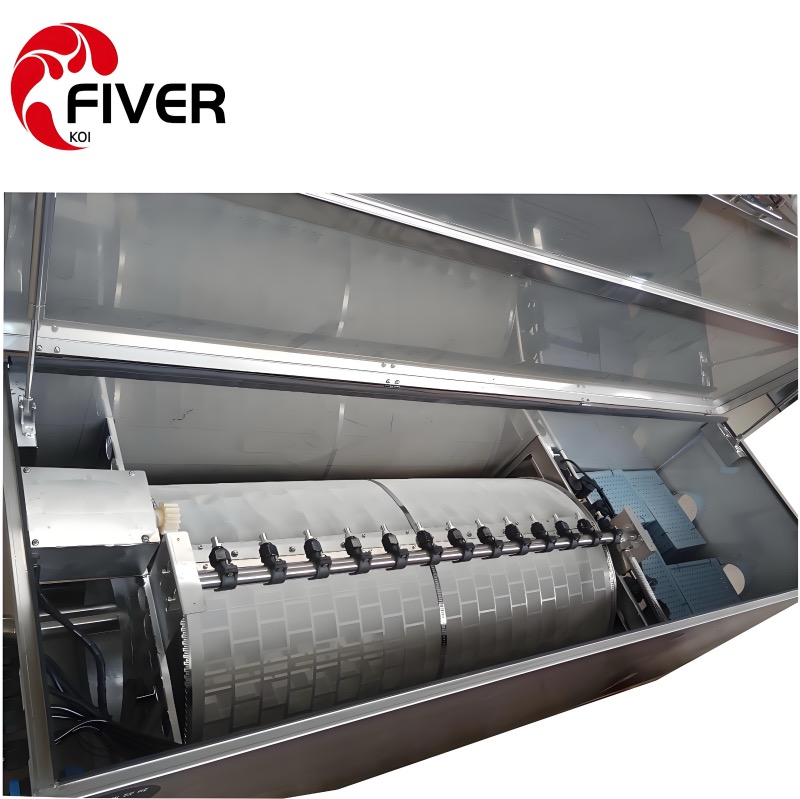
Fish farming, also known as aquaculture, is the practice of raising fish in a controlled environment for various purposes.
Fish farming involves cultivating fish in tanks, ponds, or cages, providing them with food, shelter, and a managed environment to optimize their growth and survival. This practice can be used for:
Food Production: The primary purpose of most fish farms is to produce fish for human consumption. This includes a wide variety of species like salmon, tilapia, catfish, and shellfish.
Aquaculture for Stocking: Some fish farms raise fish for stocking purposes, such as replenishing fish populations in lakes or rivers for recreational fishing.
Ornamental Fish: Certain fish farms specialize in breeding and raising ornamental fish for aquariums and decorative ponds.
Considerations for Building a Fish Farming System:
Building a successful fish farm requires careful planning and consideration of several factors:
Fish Species: The first step is choosing the fish species you want to raise. Each species has specific needs for water quality, temperature, diet, and space.
Location and Environment: Consider factors like water source, climate, and land availability when choosing a location for your fish farm. You'll also need to decide between a freshwater or saltwater system depending on your chosen fish species.
Pond or Tank System: Decide whether you'll use tanks, ponds, or cages for your setup. Each option has its advantages and limitations in terms of cost, maintenance, and scalability.
Water Quality Management: Maintaining optimal water quality is crucial for fish health. This involves filtration systems, aeration to maintain oxygen levels, and monitoring of water parameters like pH, ammonia, and nitrites.
Feeding Strategy: Develop a feeding plan that provides your fish with a nutritious diet appropriate for their species and growth stage.
Disease Prevention: Implement measures to prevent the spread of diseases in your fish population. This may involve quarantine procedures, maintaining good water quality, and using appropriate medications when necessary.
The Water Quality Management and Disase Prevention plays an Crutial Role in a Fish Farming System. We Fiverkoi is specilized in providing a one stop solution for fish farming water qualtiy management and disase prevention. Our Combi Drum Filter is the answer to all these questions.
Here's why you need a combi drum filter for your aquaculture operation:

Efficient Waste Removal:
Heavy Waste Loads: Aquaculture systems, especially those with high stocking densities, generate a significant amount of waste from fish and uneaten feed. A drum filter aquaculture excels at mechanically removing large and fine waste particles before they can break down and pollute the water.
Reduced Biofilter Burden: By removing a large portion of solid waste, the drum filter aquaculture lightens the load on your biological filters. This allows them to function more efficiently in breaking down ammonia, a harmful fish waste product, and maintain a healthy water balance.
Improved Water Quality and Fish Health:
Crystal Clear Water: The combi drum filter's mechanical filtration keeps the water free of suspended solids, resulting. in superior water clarity. This improves oxygen availability for fish and creates a more aesthetically pleasing environment.
Reduced Disease Risk: Efficient waste removal helps prevent the buildup of harmful organic matter that can contribute to poor water quality and promote the growth of pathogens.whats' more the uv lamps in the combi drum filter can harmful bacteria, algae, and other pathogens in the water. This leads to a healthier environment for your fish and reduces the risk of disease outbreaks.
Operational Benefits:
Simplified Maintenance: Combi drum filters are typically self-cleaning or semi-self-cleaning, reducing the need for manual cleaning compared to traditional filtration systems. This saves time and labor costs.
Space Efficiency: Combi drum filters often combine mechanical filtration, UV disinfection and biological filtration in a single unit, minimizing the overall footprint required for your filtration system.
Here's the key advantage of a combi drum filter:
Integrated UV Disinfection & Biological Treatment: Unlike a standard drum filter, a combi drum filter incorporates UV Lamps and a biological chamber. This chamber houses beneficial bacteria that break down ammonia, further improving water quality and reducing the need for separate biological filters.
Overall, a combi drum filter can be a valuable investment for aquaculture operations by streamlining waste removal, improving water quality, and promoting fish health, all while reducing maintenance requirements.
Post time:2024-07-15
